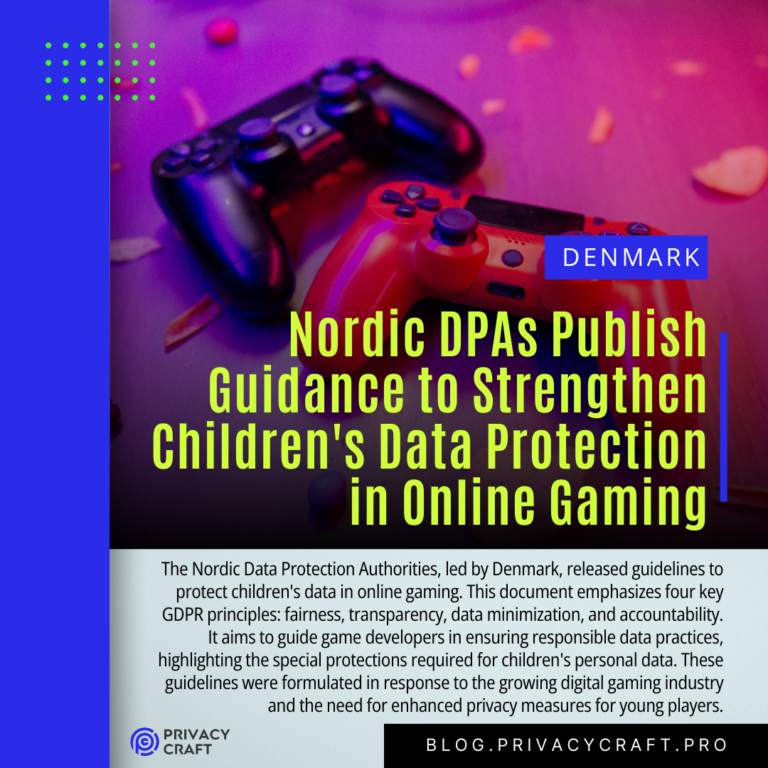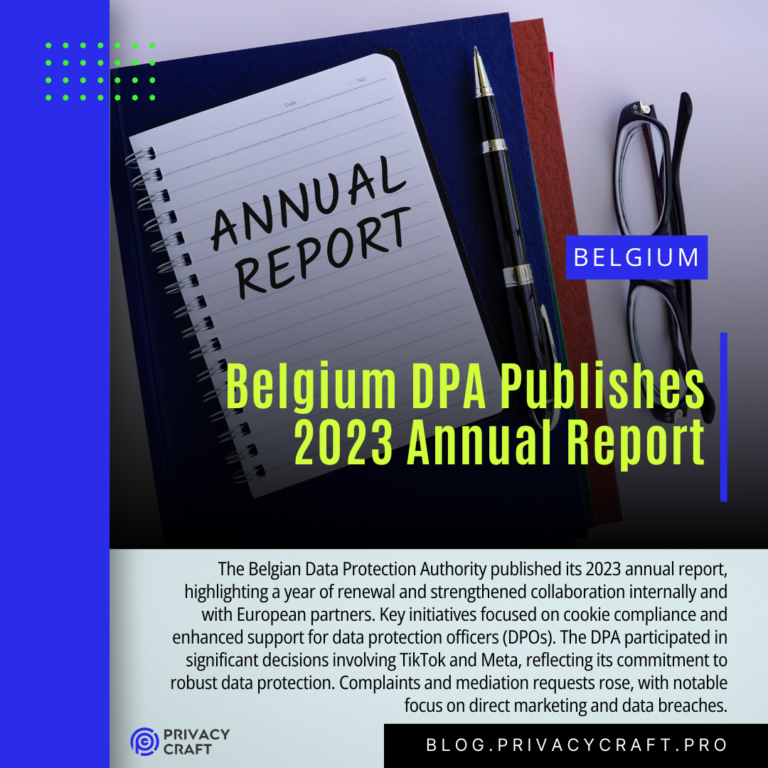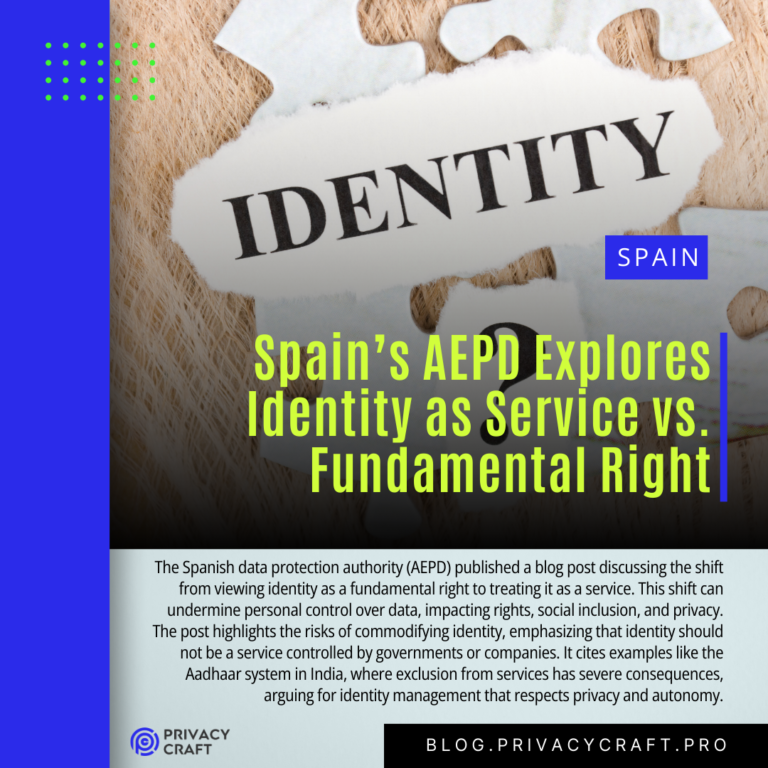Sweden’s Post and Telecom Authority Launches E-Service for Cyber Security Act Compliance
On 24 June 2024, the Swedish Post and Telecom Authority (PTS) introduced an e-service, ‘Are we covered by the CSL?’, to help companies determine if they fall under the new Cyber Security Act, effective 1 January 2025. The Act, which implements the NIS 2 Directive, mandates companies in digital infrastructure, ICT services management, space, postal and courier services, and digital supply to register with PTS. This tool is advisory and assists in evaluating compliance, though final responsibility lies with the companies.
Sweden’s Post and Telecom Authority Launches E-Service for Cyber Security Act Compliance Read More »




